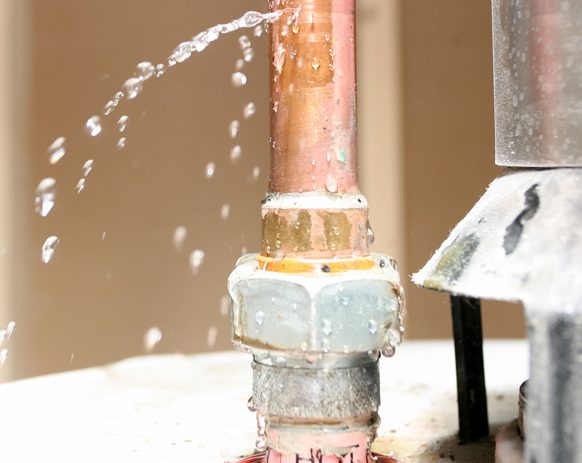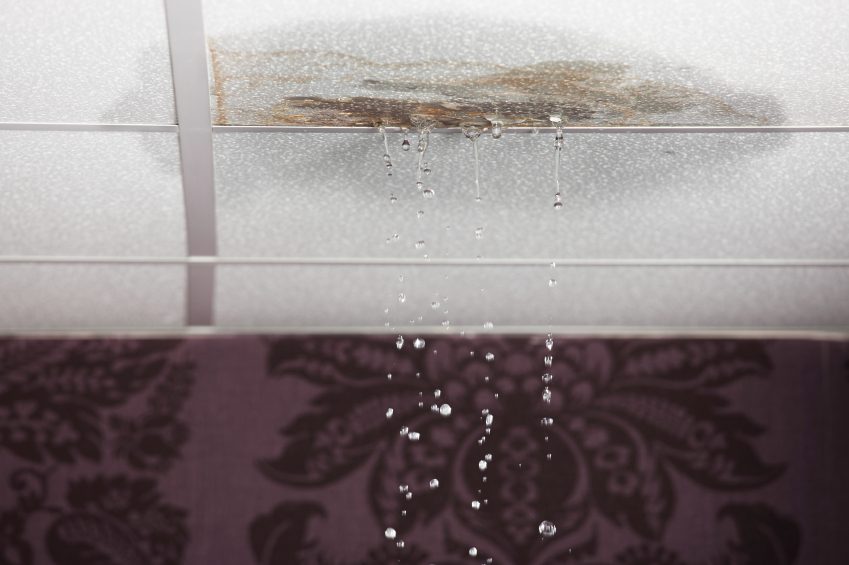6 Ways to Find Hidden Water Leaks & How to Spot Them in Ipswich
As we head towards winter, it’s worth making sure as far as you can that none of the pipes in your home are leaking any water. There are a number of reasons for doing this, including:
- Leaks can cost you money – if you’re on a meter, you’ll be paying for every lost drop
- Water running where it shouldn’t can damage your property
- Leaking pipes that freeze in a cold winter could cause even more extensive damage
Being alert to possible leaks is therefore always a good idea. But what’s the best way of doing it?
Here are six easy ways of keeping tabs:
1 Check your usage
More and more homes these days are on water meters. It’s nearly always cheaper for the homeowner, because the amount of water we use is measured and we are charged accordingly, rather than being charged what the water company thinks we might use. That allows you to keep an eye on your usage over time. If you notice you’re using more, but you can’t think of a reason why that might be, it could be because you have a leak.
2 Check the joints on your pipework
Problems with pipes tend to develop where two sections meet, as what is holding them together can work itself loose over time. It may not necessarily be anything as dramatic as a puddle underneath the joint, so run your fingers over the pipes to see if you can find any signs of wetness. Even a tiny amount of water is worth getting checked out, because a tiny leak will only get bigger over time.
3 Monitor your water pressure
If you notice that your water isn’t coming out of your taps or shower as fast as it used to, that’s another possible indicator of a leak somewhere, although a slower shower could also be caused by a clogged showerhead. You should be able to check the water pressure on your boiler as well. If that starts dropping there’s a good chance that you have a leak in your heating system.
4 Keep your eyes and ears open
Leaking water causes marks on your flooring, walls and ceilings, or indeed wherever it runs, so keep an eye out for unexplained damp patches. Meanwhile, running water makes a noise, so if you can hear running water, and there’s no obvious sign of the cause, then it could indicate a possible leak.
5 Dye test the loo
Toilets are quite a common source of leaks and are not always easy to spot (although you might be able to pick up on the gentle sound of constantly running water!). A leak will make the toilet keep refilling itself from the cistern, so a good way to make sure that is what is happening is to add some kind of dye or coloured liquid into the cistern. If you come back a bit later and the water’s clear, then you’ve almost certainly got a leak.
6 Check your appliances
In the same way that joints connecting pipework can become loose, so can the place where water pipes connect to your appliances can shift over time and start to leak. Such appliances are likely to include your washing machine, dishwasher and possibly also your fridge, if it’s one that has a fresh water tap plumbed in.
Should you discover a leak using one of the above methods, and you need help from an expert to put it right, then you can’t do better than call in Ipswich’s plumbing professionals, A & D Plumbing. Get in touch with us today to find out more.






